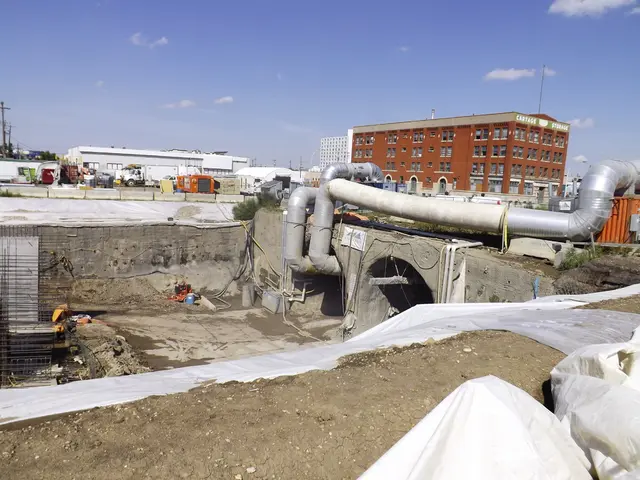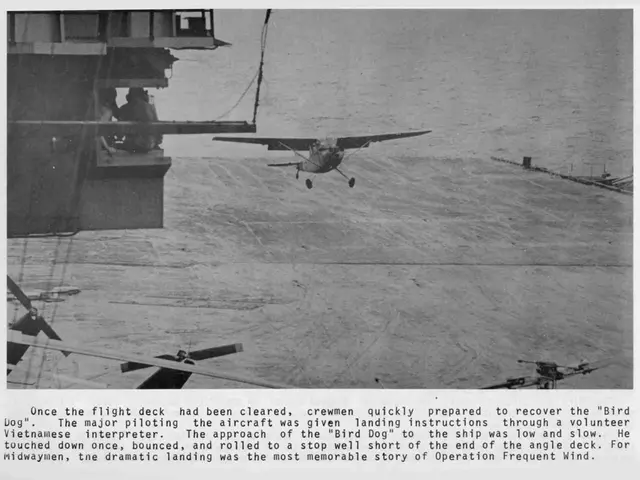Middle East security landscape reshaped as Saudi Arabia and Pakistan solidify defense partnership, forging closer ties with Beijing.
In a move that could reshape the global geopolitical landscape, Saudi Arabia and Pakistan have announced a mutual defense pact. This development comes at a time when the region is divided into two opposing nuclear-backed blocs: Israel and the United States on one side, and Pakistan and Saudi Arabia on the other.
The details of the defense pact, as revealed by a senior Saudi official to Al Jazeera, remain undisclosed. However, Reuters reports suggest that the pact is comprehensive and encompasses all military means.
This strategic alliance could have significant implications, not just for the immediate region, but also beyond. By binding itself to Pakistan's defense umbrella, Saudi Arabia is tethering its security to the Chinese military-industrial complex. Pakistan sources the overwhelming majority of its weaponry from China, which could potentially provide Saudi Arabia with an energy lifeline that bypasses the Strait of Malacca, long considered a vulnerable chokepoint for China.
The pact may also put the dollar's privileged role in global energy markets at risk, as it could signal a shift away from the traditional alliance between Saudi Arabia and the United States. This shift is a significant departure from Saudi Arabia's historical relationship with the United States and could be seen as a lack of trust in American protection.
India finds itself in a strategic bind, as its most vital energy supplier, Saudi Arabia, has placed its security in the hands of India's arch-enemy. It remains to be seen how New Delhi will reconcile this development with its planned India-Middle East-Europe Economic Corridor, a signature initiative intended to counter China's Belt and Road.
The pact also raises questions about the reliability of American guarantees to its allies. With protection outsourced to Islamabad and, indirectly, to Beijing, the Saudi-American bargain of the past half-century may be in jeopardy. The pact could be remembered as the moment when America's unipolar dominance of the world started fraying.
Moreover, the pact allows for the use of Pakistani forces on Saudi soil, and Pakistan's nuclear arsenal does not adhere to a "no first use" doctrine. These factors could escalate tensions in the region and potentially lead to unforeseen consequences.
The announcement of the pact follows Israel's strike on Qatar, suggesting that regional dynamics are shifting rapidly. As these developments unfold, it is crucial to monitor the implications for global security and economic stability.
Read also:
- Conflict between Ben & Jerry's co-founder and Unilever over Gaza issues leads to resignation of co-founder
- Deepening EU-India relations despite apprehensions regarding Moscow connections
- Russia Faces Intensified Penalties from the EU: Imports of LNG Could Suffer Negative Impact
- Ben Jerry's co-founder departs in dispute concerned with Gaza conflict and corporate giant, Unilever








